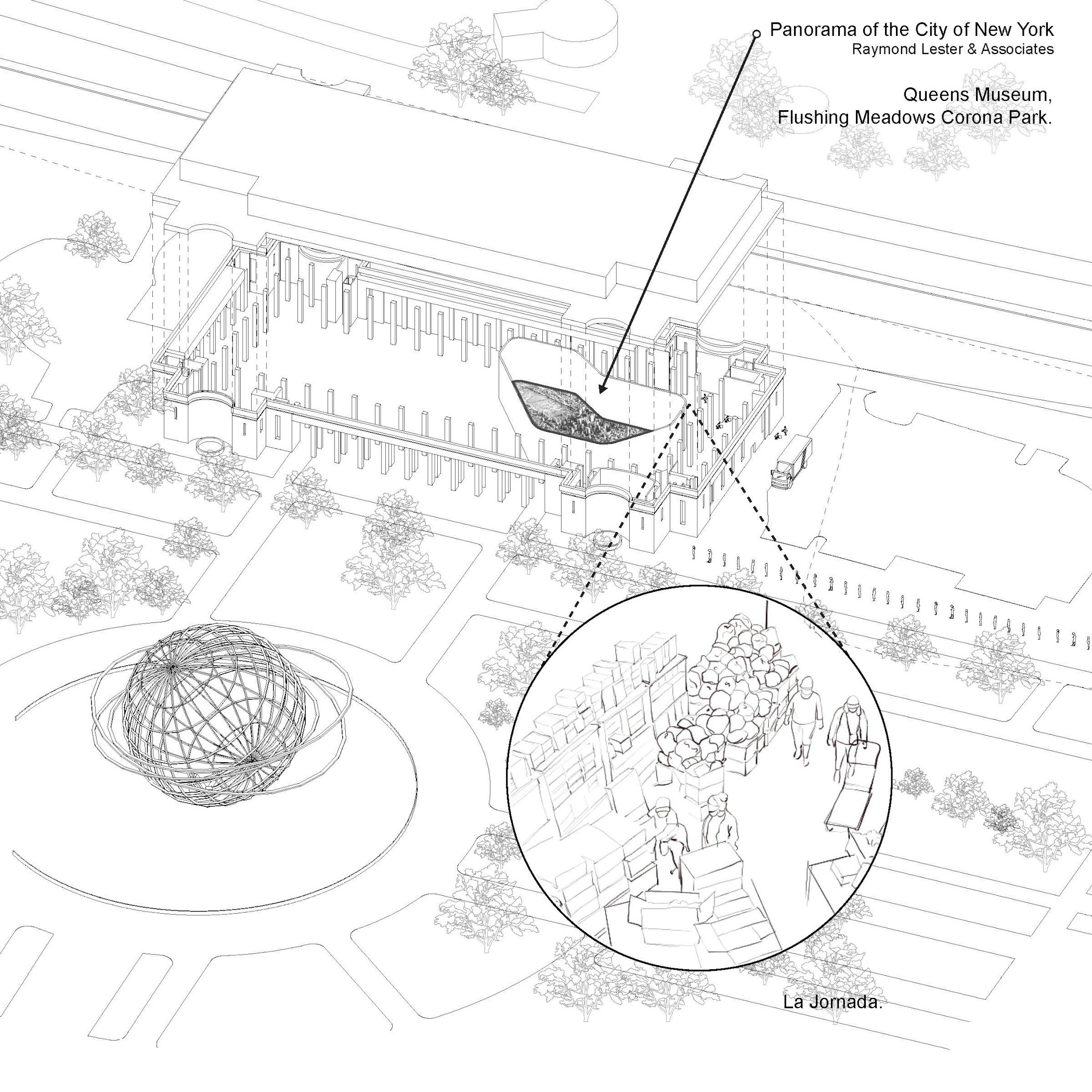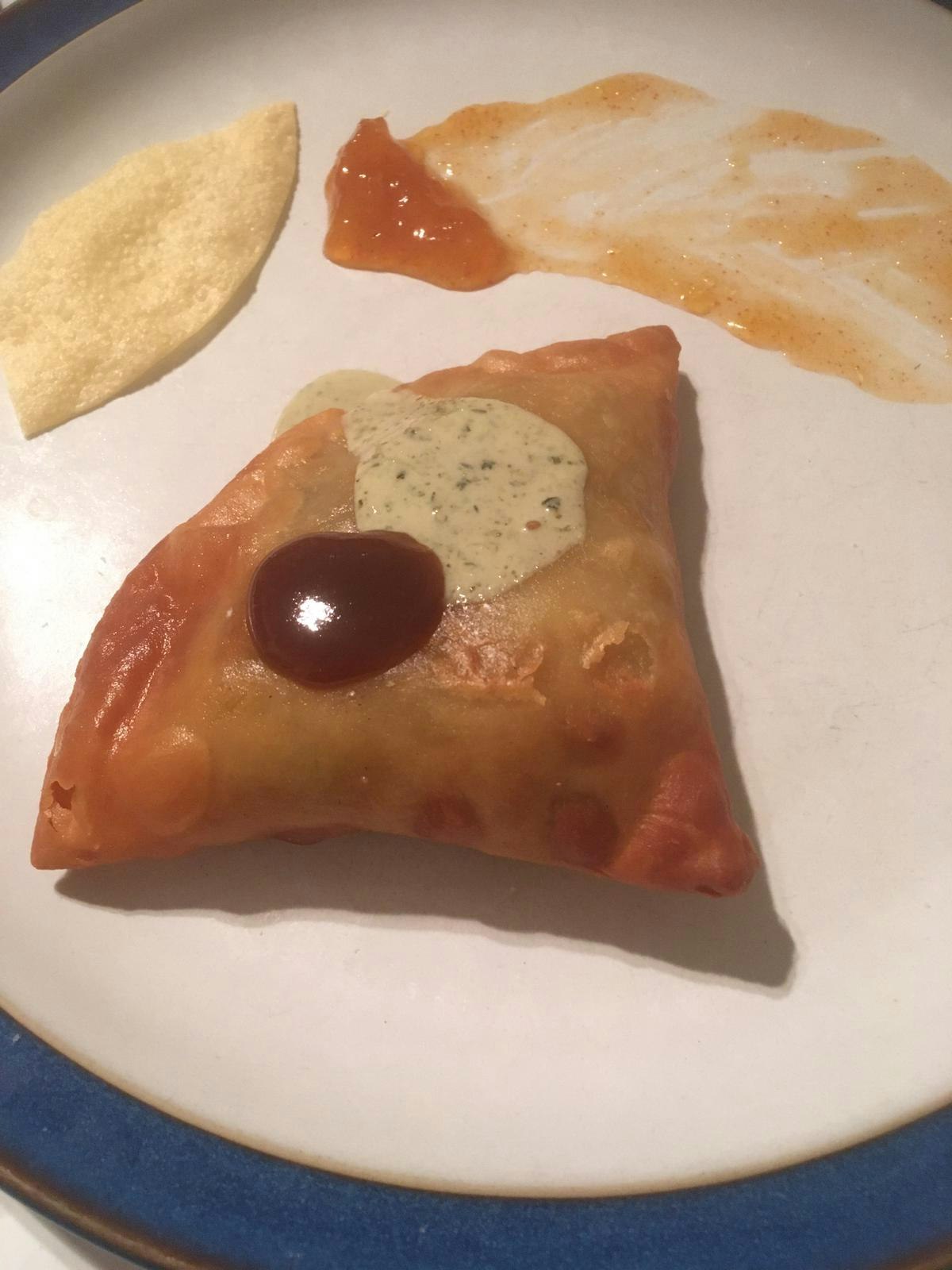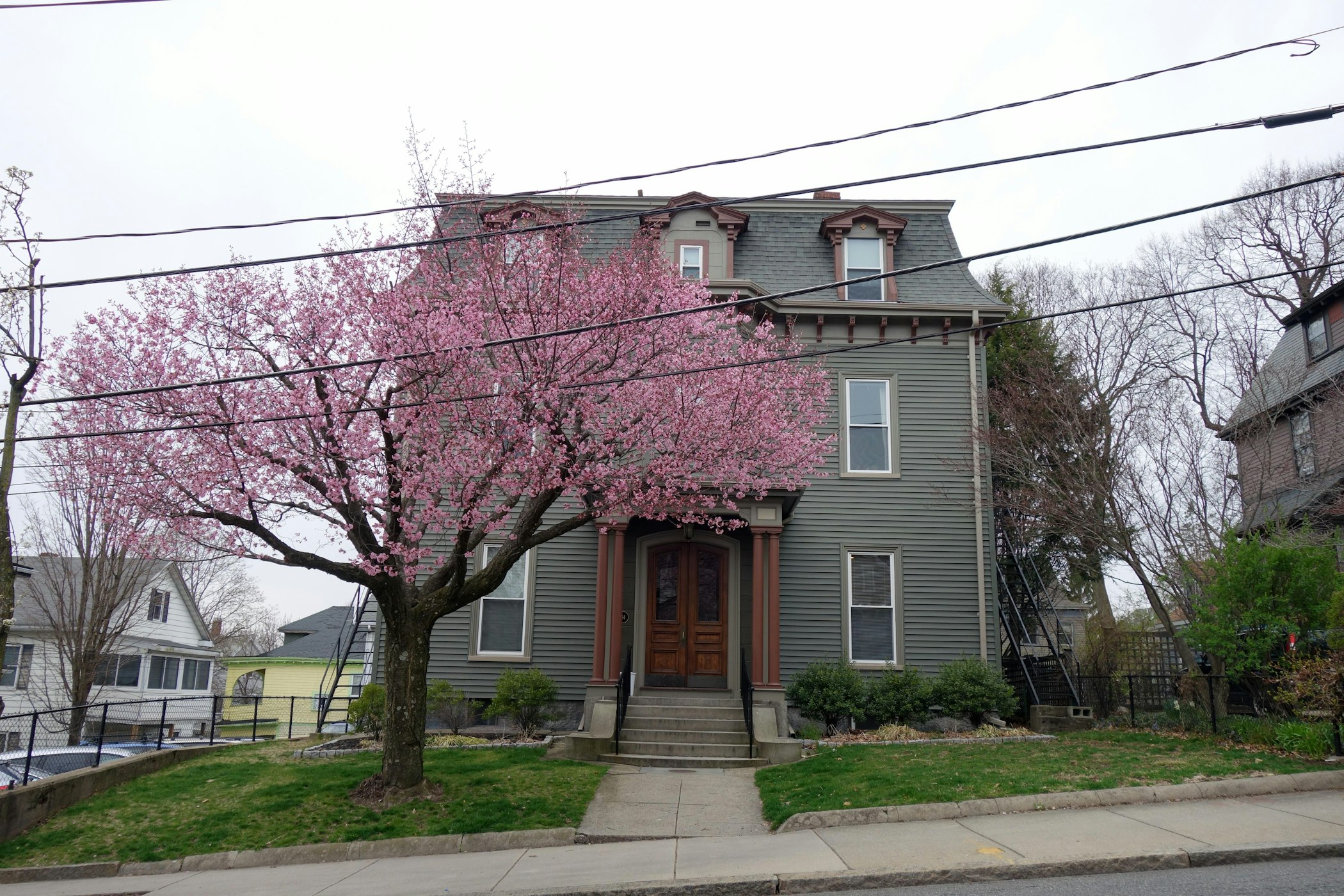
Our bedroom or apartment has become the stage to dance, move, and work with the body. It can be shared with other virtual mates and expanded, or just experienced in its intimacy. I asked Anouk Froidevaux, a gorgeous contemporary dancer, choreographer and Gyrokinesis therapist, to tell me about her experience in readjusting her work with the body and her Gyrotonic and healing treatments to the current situation, which implies the use of online platforms. Dancing the Moment, for example, is a workshop in which she guides a community of dancers and non-dancers to improvise movements in a real or virtual space, in order to reconnect with themselves and to nurture an environment of trust.
Even if virtual reality is responding surprisingly fast to some of our needs of gathering, for her, there remains an open question: how can technology assist us in recreating the feeling of being present with one another and of connecting to others through the physical touch which is so important for our wellbeing and personal development?
Last year Seth Eisen, an artist, performer and researcher, organised a series of walking tours (Out of Site: SOMA) bringing up the mostly unknown queer history of the last 200 years in San Francisco. The walking tours brought up stories about the ways in which built and social environment(s) have been experienced by queer people; the way these environments existed as spaces to hide from , or spaces of resistance, before the gay liberation.
Upcoming Events
Resident Bloggers
- Ross Exo Adams
- Tom Avermaete
- Lucia Babina
- Jochen Becker
- Andrea Börner
- Daniel Cardoso Llach
- Centre for Global Architecture
- Ofri Cnaani
- Niccolò Cuppini
- Peggy Deamer
- Fairwork Project
- Mattia Frapporti
- Pedro Gadanho
- Benj Gerdes
- Orit Halpern
- Tal Halpern
- Owen Hatherley
- Gabu Heindl
- Carmen Hines
- Leo Hollis
- Andreas Kofler
- Bernadette Krejs
- Maroš Krivý
- Peter Lang
- Mona Mahall and Asli Serbest
- Jonathan Massey
- Louis Moreno
- Peter Mörtenböck and Helge Mooshammer
- Gerald Nestler and Sylvia Eckermann
- Edgar Pieterse
- Maurilio Pirone
- Heidi Pretterhofer
- Vyjayanthi Rao
- João Ruivo
- Susan Moore Scott Rodgers
- Manuel Shvartzberg Carrió
- Miriam Simun
- Slutty Urbanism
- Douglas Spencer
- Matthew Stewart
- Ravi Sundaram
- Tiziana Terranova
- This Machine Kills
- Ignacio Valero
- Matias Viegener
- Alan Wiig

